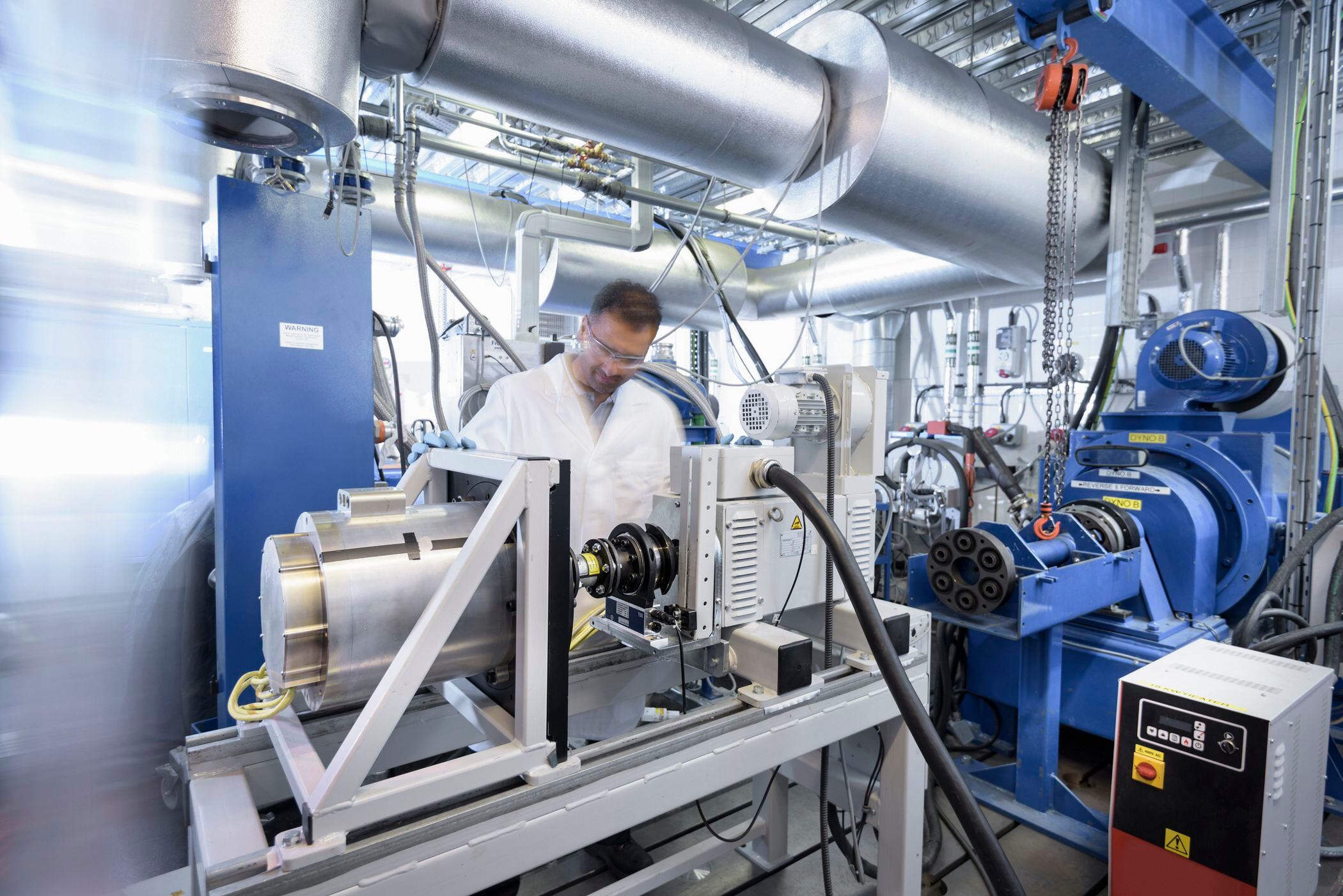On Tuesday, KoBold Metals, a mining exploration startup based out of the San Francisco Bay Area, announced a partnership with Stanford University to develop technology aimed at improving the efficiency of mineral mining. The collaboration hopes to help meet the growing demand for metals such as copper, nickel, and cobalt that are necessary for the production of electric vehicle batteries.
"Battery metals are to the renewable energy and electric vehicle revolutions what iron was to the Iron Age and what coal was to the Industrial Revolution," said Kurt House, co-founder and CEO of KoBold Metals.
In order to electrify the full fleet of light vehicles by mid-century, House said the world will need $5 trillion worth of copper, nickel, cobalt, and lithium beyond known reserves. As a result, mining companies face a generational challenge: find and develop new deposits as quickly as possible.
The problem is that most of the easy-to-find deposits that were sticking out of the ground or buried just below the surface have already been found. This has led to a significant slowdown in mineral discoveries over the last decade, right as international climate goals accelerated the adoption of electric vehicles and battery technology.
KoBold contends that the mining industry is simply not keeping up with the new challenges.
"The industry is getting worse at finding deposits because the technology is not keeping up with the difficulty of exploration," Josh Goldman, co-founder and CTO of KoBold Metals, told Cheddar.
Data Mining
KoBold's current suite of proprietary algorithms called Machine Prospector uses geophysical data to map out underground reserves. The Stanford collaboration will bring artificial intelligence to the table, with a new agent called Intelligent Prospector, which helps explorers sequence their decision-making. In other words, it helps them make the right decision at the right time, a crucial variable when it comes to developing a deposit from a claim to a fully-operational mine.
"KoBold's approach to bringing the best minds in data science, engineering, and geology to accelerate critical battery metals fieldwork, data collection, and discoveries, is a cornerstone to a clean energy future," said Jef Caers, geological sciences professor at Stanford University.
Goldman noted that KoBold doesn't plan on simply providing software or information to large mining concerns. Instead, it plans to become an actual partner on the ground.
"We're not telling mining companies where they should go," he said. "We're investing our own capital behind our ideas, and we go out and acquire mineral claims."
In most cases, he said the way this will work is that KoBold will stake a claim, meaning invest in the purchase of mining rights, and then work with partners to develop that prospect.
This gives KoBold some control over the development of the mine, which fits in with the company's mission statement of making mining more ethical and less exploitive. What does that mean in practice? Goldman said the company won't operate in certain countries, such as Russia or possibly the Democratic Republic of Congo, where corruption is rampant.
He added that it would avoid developing land where there is public opposition, such as land in Canada where indigenous people have pushed back against mining.
"It's just not worth it. It's not worth it from a social perspective. It's not worth it from a business perspective."
KoBold Metals isn't going at it alone, though. The startup has gotten investments from major players in the climate space such as Breakthrough Energy Ventures, which is a fund overseen by Bill Gates, Jeff Bezos, and other business leaders. It's also gotten capital from Andreessen Horowitz, a leading Silicon Valley venture capital fund.
Government Pressure
The pressure to secure rare earth minerals is also being felt at the highest levels of the U.S. government.
President Joe Biden signed an executive order earlier this month ordering the unclassified assessment of supply chains in key industries, such as semiconductor manufacturing, medical supplies, and electric car batteries. The goal, according to administration officials, is to make sure the U.S. has access to critical resources and supplies in the case of future emergencies.
"The review will be focused on identifying the immediate actions we can take, from improving the physical production of those items in the U.S. to working with allies to develop a coordinated response to weaknesses and bottlenecks that are hurting American workers," White House Press Secretary Jen Psaki told reporters.
In addition, the Department of Defense in February awarded a contract to Australia-based Lynas Rare Earths, one of the largest rare earth element mining and processing companies in the world, to develop domestic processing capabilities for light rare earth elements.



